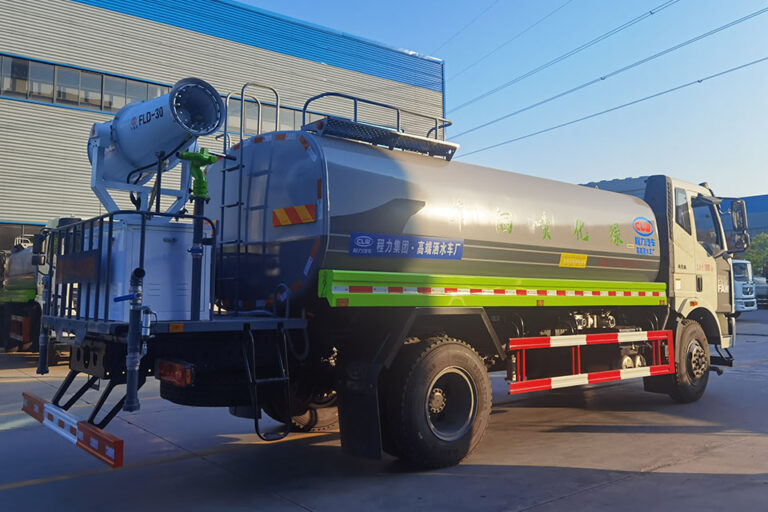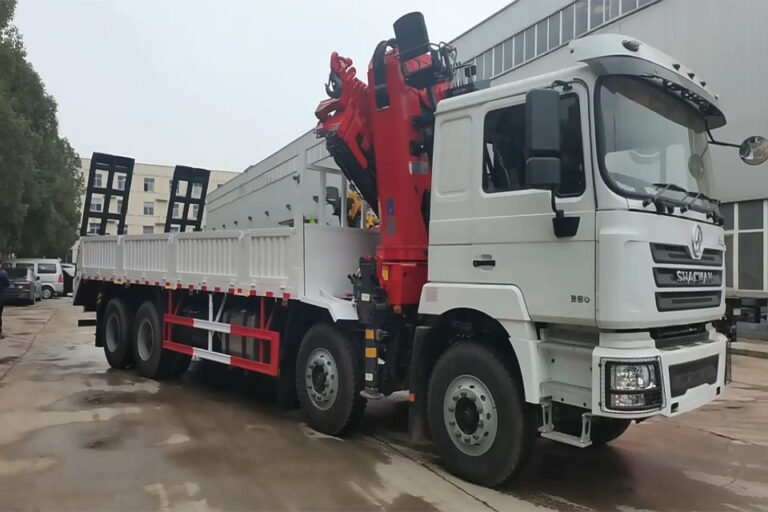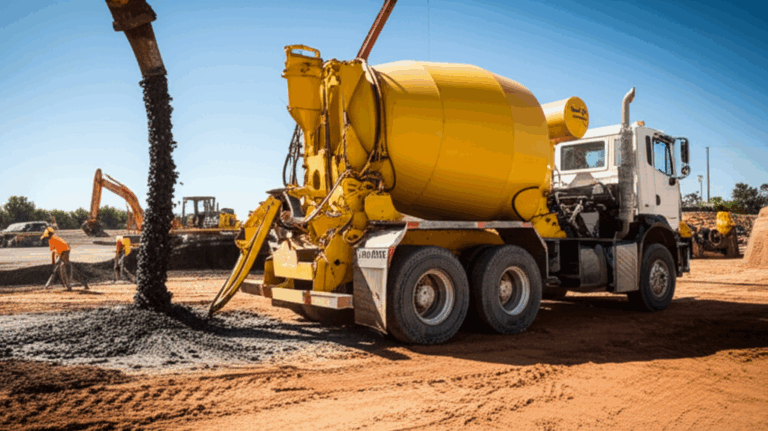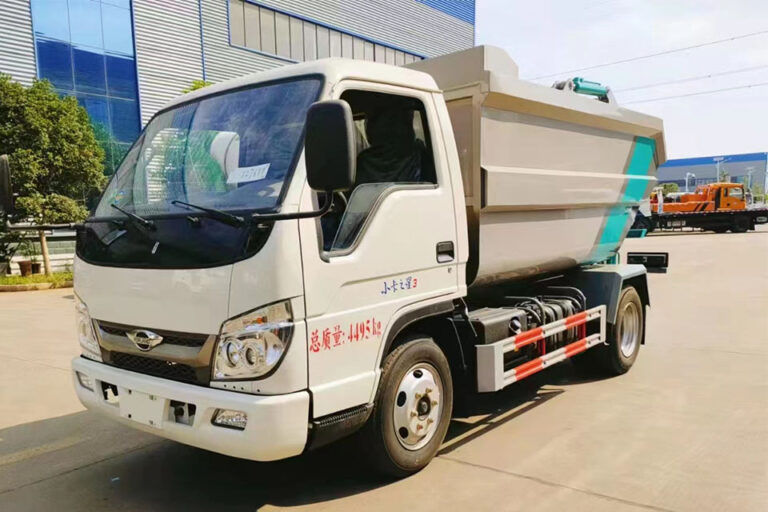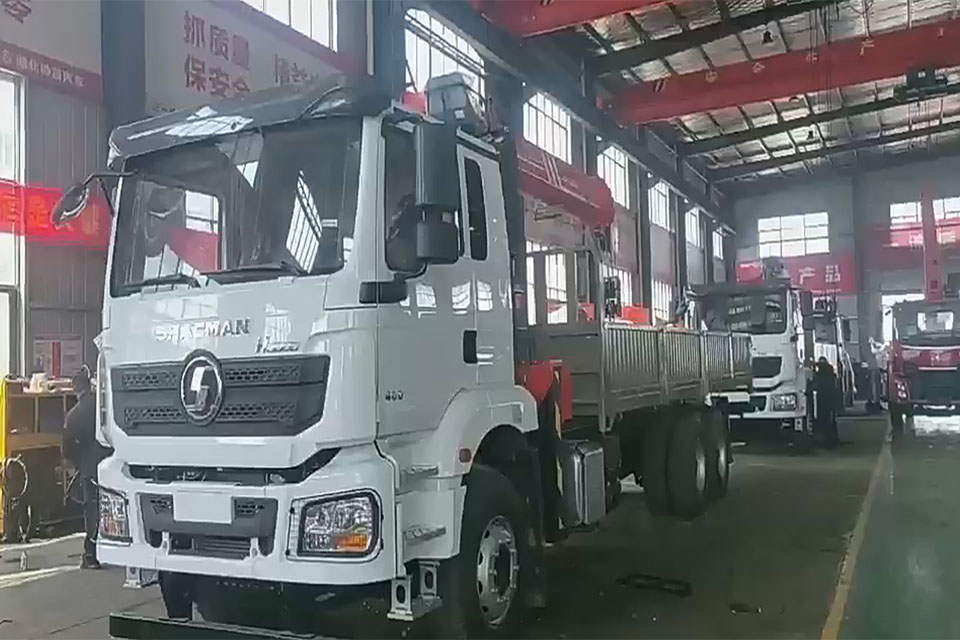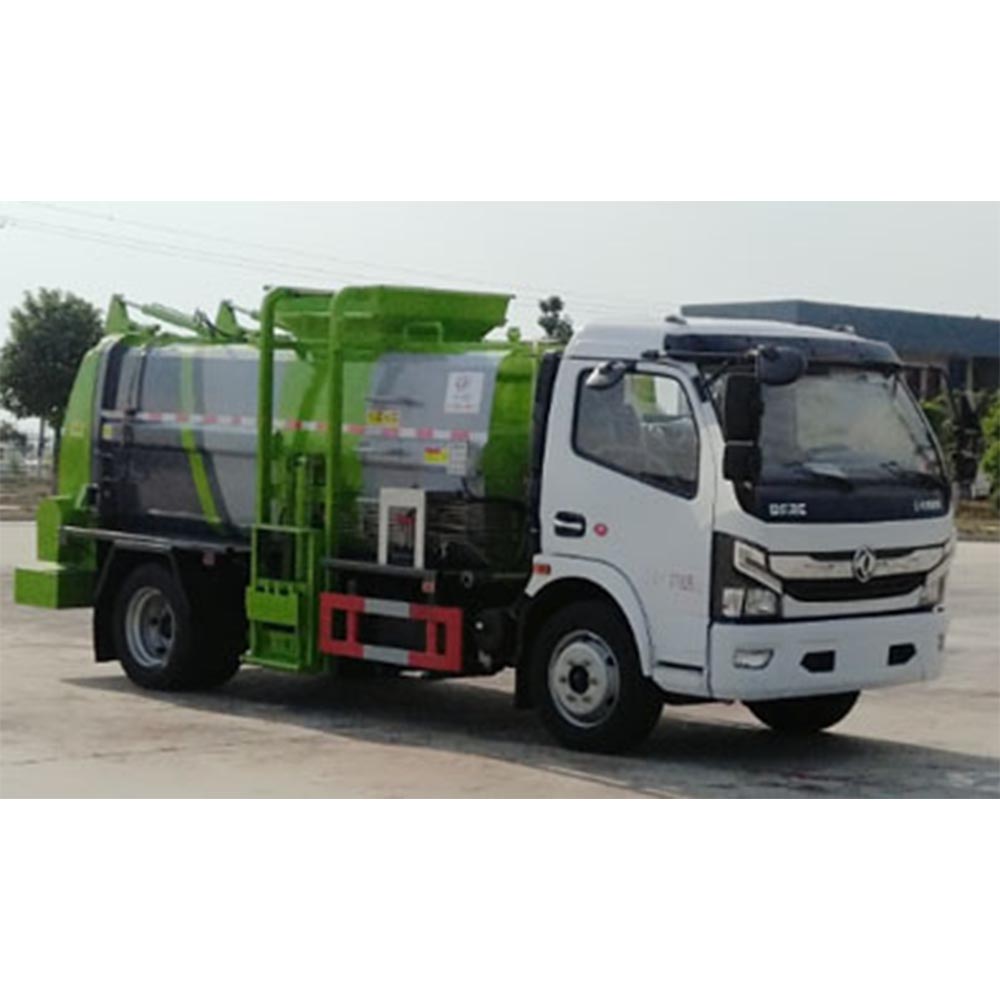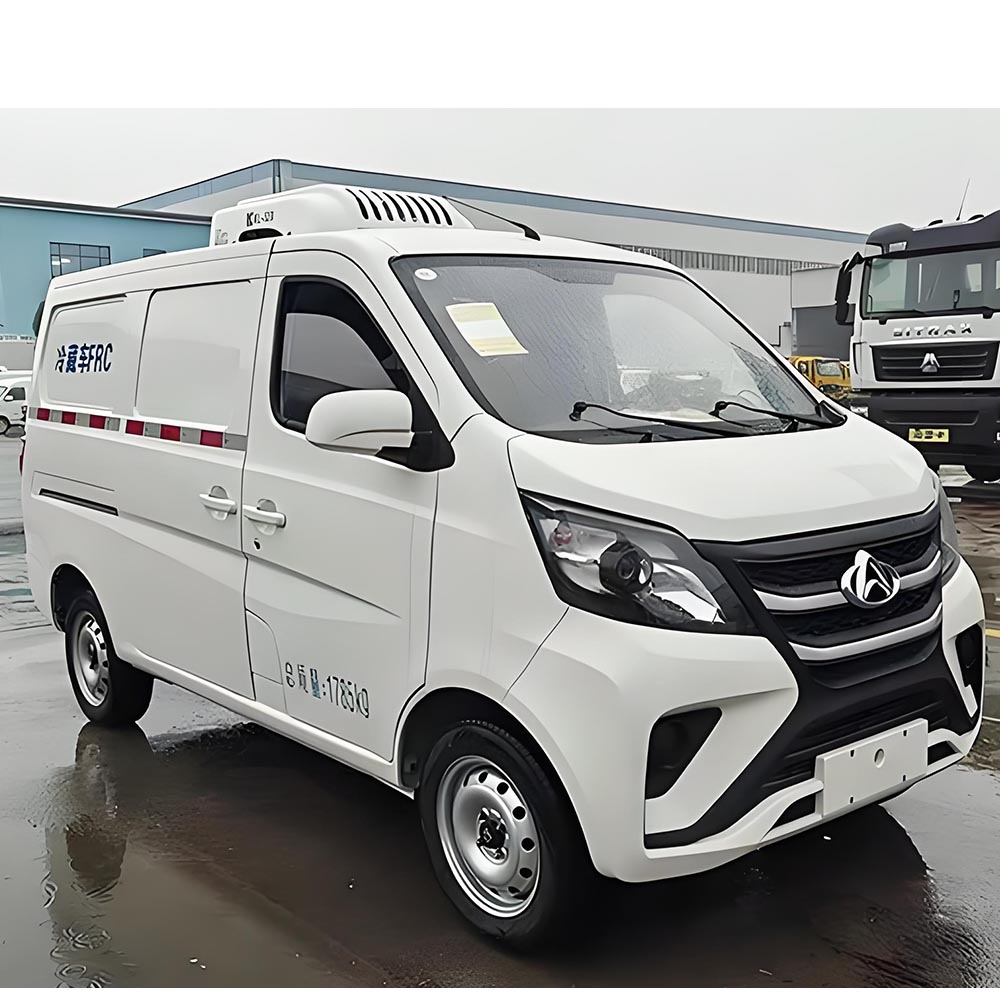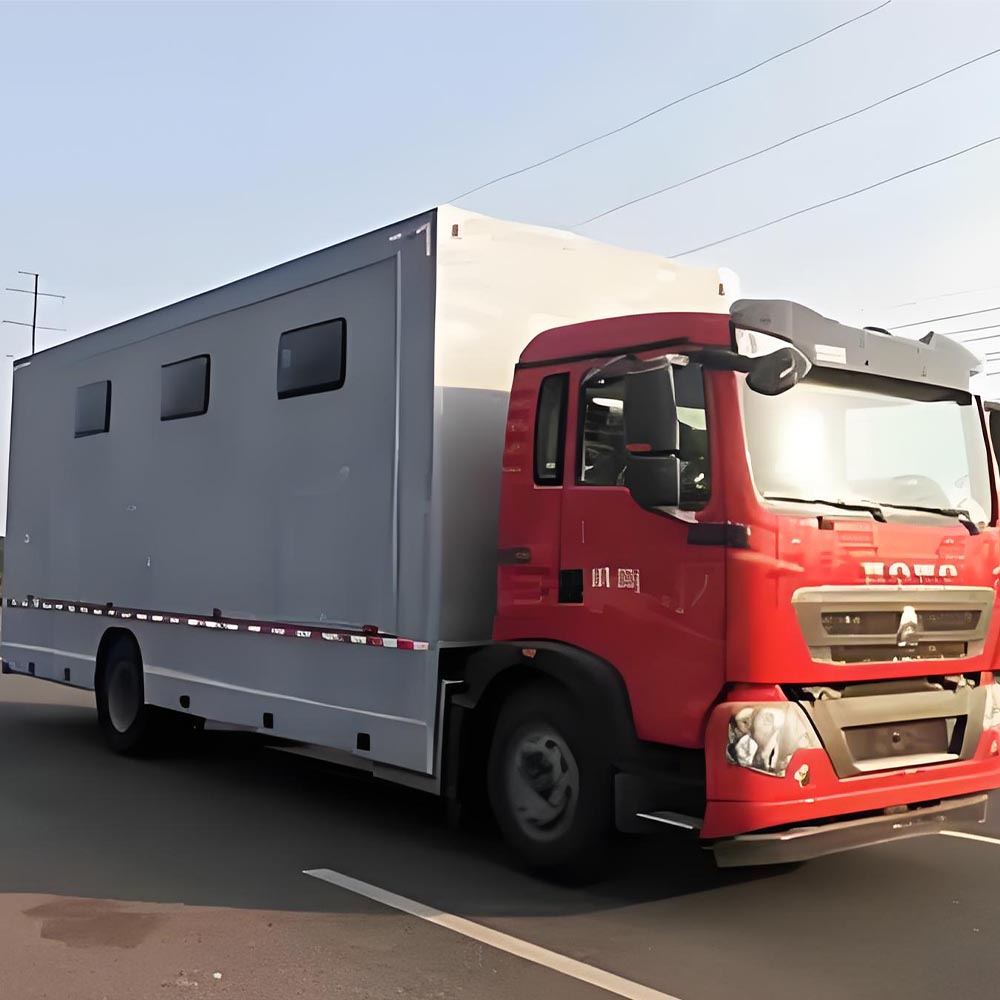-
Chengli Automobile Industry Park
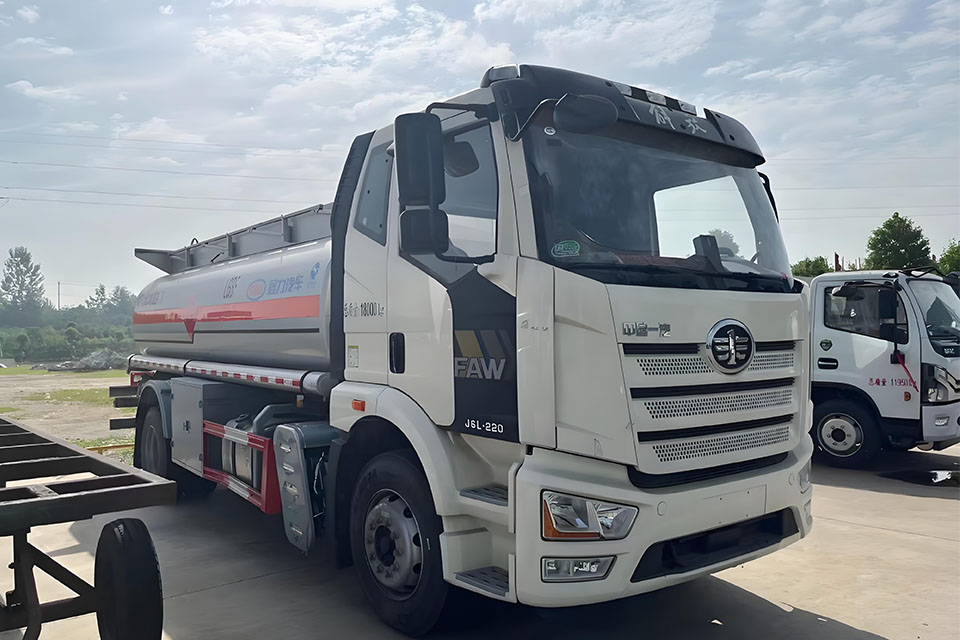
Evaluation of Pakistan’s Current Petroleum Supply Chain and Proposals to Enhance its Transportation Efficiency
Oil Change Interval Evaluation of Gearbox Used in Heavy-Duty Truck E-Axle
Introduction
Oil changes are very important for trucks. This article looks at how to know when to change the oil in a truck gearbox. We use numbers from oil tests to help decide.
In this article, we talk about a better way to know when to change your dump truck oil. We use oil test data to make smart choices.
Table of Contents
Why Oil Change Timing Matters
Changing oil at the right time helps:
- Keep your truck running well
- Save money on repairs
- Make your truck last longer
Oil Testing Method
The test used oil from a heavy-duty truck with an E-axle. The E-axle has:
- A two-speed main reducer
- A differential mechanism
- A wheel-side reduction system
This E-axle works in dump trucks, sprinklers, and sanitation trucks.
The test looked at oil samples taken during a 35,000 km road test. The truck had a normal oil change at 20,000 km.
What We Measured
We tested three main things in the oil:
- Iron (Fe) debris – metal bits from wear
- Viscosity at 100°C – how thick the oil is
- Total Acid Number (TAN) – how acidic the oil is
The Math Behind Our Method
To find the best oil change time, we used two special math tools:
- Linear Regression – This helps see how the oil gets worse over time in a straight line
- Wiener Process – This shows oil breakdown with both steady decline and random changes
The linear regression shows us:
- How fast the oil is breaking down
- What the starting oil quality was
Test Results and Oil Life Prediction
The data showed these changes in the oil:
Viscosity Changes
- The oil starts at about 14.24
- It slowly goes down over time
- The limit is 15% below starting value
TAN (Acidity) Changes
- Starts near 1.0
- Goes up over time
- Reaches its limit at about 30,000 km
Iron (Fe) Debris Changes
- Starts very low
- Increases steadily
- Stays well below danger level of 2000 mg/kg
Comparison: Old vs. New Oil Change Schedule
Here’s how the new method compares to the old:
| Oil Change Method | Change Interval | Benefits |
|---|---|---|
| Old Method (PM) | 20,000 km | Safe but wastes oil |
| New Method (CBM) | 30,000 km | 50% fewer oil changes, saves money |
Truck Oil Change: When is the Best Time?
Key Findings
- Optimal oil change for E-axle gearbox: 30,000 km
- Old method (fixed schedule): 20,000 km
- New method: 50% fewer oil changes
Oil Degradation Factors
- Iron (Fe) debris: Metal particles from wear.
- Viscosity (100°C): Oil thickness.
- Total Acid Number (TAN): Oil acidity.
Comparison of Methods
| Method | Change Interval (km) | Benefit |
|---|---|---|
| Old (Planned) | 20,000 | Safer, but wastes oil. |
| New (Data-Driven) | 30,000 | 50% fewer changes, saves cost. |
Why The New Method Works Better
The old way of changing oil at fixed times has problems:
- It doesn’t look at how the real oil is doing
- It wastes good oil that could last longer
- It treats all trucks the same
Our new method is better because:
- It uses real measurements from your actual truck
- It changes oil only when needed
- It saves money by reducing oil changes
- It still protects your heavy-duty truck from damage
Conclusion
Changing oil at the right time matters a lot for trucks. Our test shows that using oil test data to decide when to change oil is better than using fixed times.
For this E-axle gearbox, the best oil change time is 30,000 km – not the 20,000 km that was used before. This means:
- 50% fewer oil changes
- Lower maintenance costs
- Less wasted oil
This method can help truck owners save money while keeping their trucks running well. In the future, we can make this method even better by:
- Testing more types of trucks
- Looking at more oil change signs
- Making the math models even better
Key Takeaways
- Oil tests can tell when oil really needs changing
- The E-axle gearbox oil can last 30,000 km, not just 20,000 km
- Using oil test data saves money and protects trucks
- This method can work for many types of trucks and equipment


